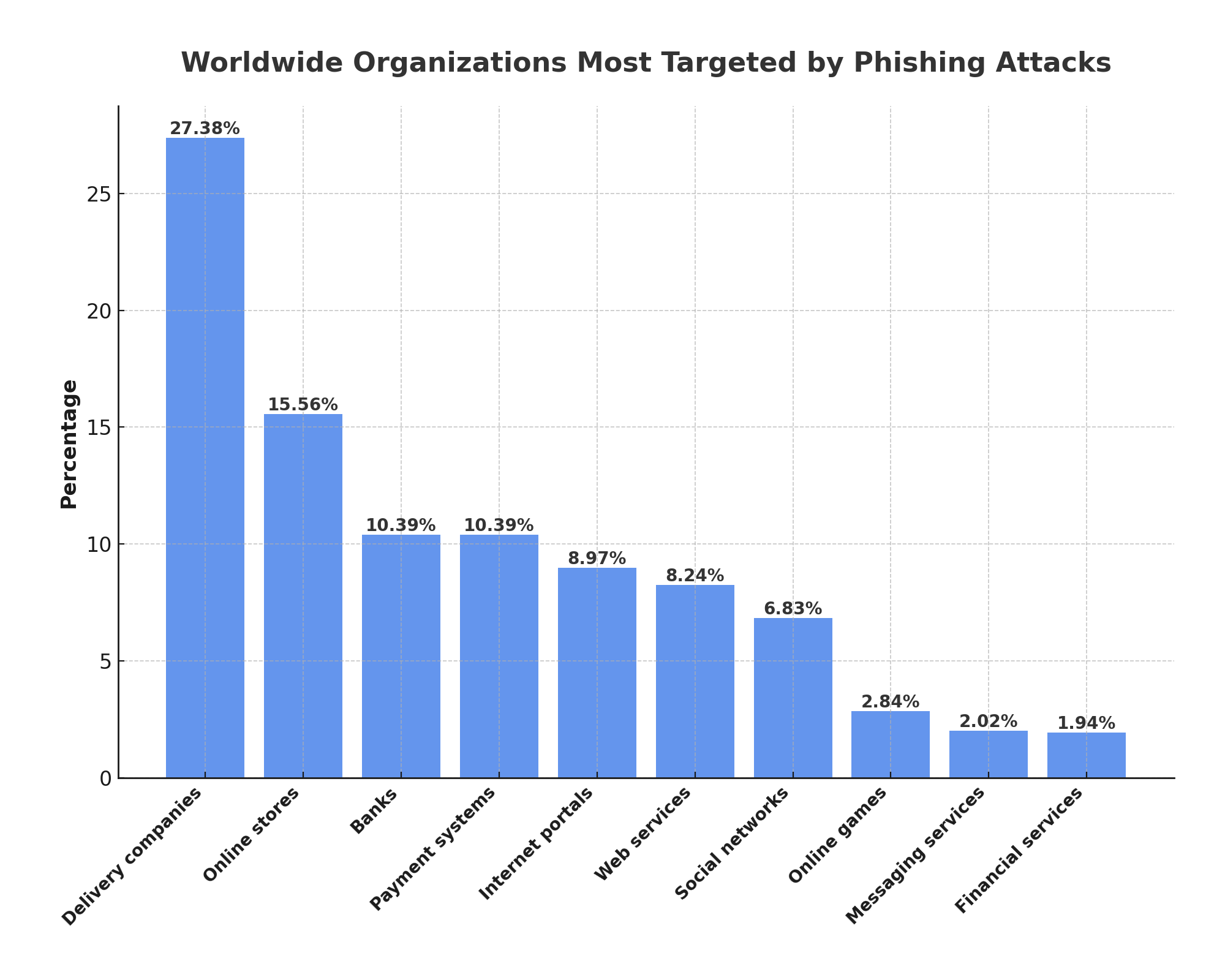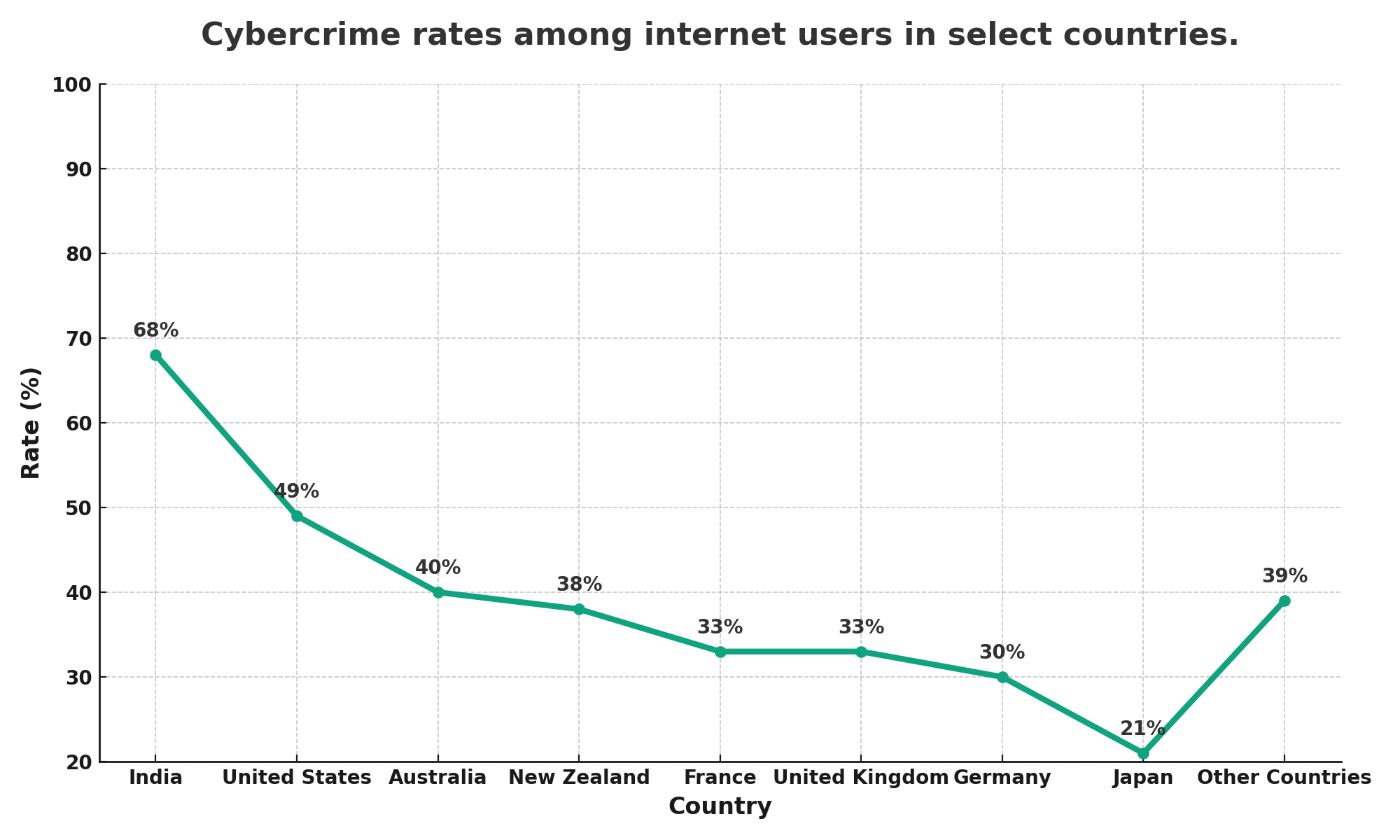
How to Keep Your Website Safe from Hackers and Malware
In the digital world, your website is like your virtual storefront. And just like in the real world, you wouldn't leave your storefront unlocked, with a neon sign saying "Free stuff, come on in!" (unless it's a marketing stunt, but let's not get into that). Similarly, leaving your website unprotected is an open invitation to hackers and malware, turning your digital paradise into a haunted house.
Now, I know what you're thinking, "But my website isn't a big player like Amazon or eBay; why would hackers be interested in little ol' me?" Well, dear reader, in the eyes of a hacker, every website is a potential gold mine. It could be for data, it could be for resources, or sometimes, just for the giggles. The internet is a wild place.
So, how do you fortify your digital domain? Is it a moat you need, or perhaps a fire-breathing dragon? While both sound fantastic, the reality of web security is slightly less Game of Thrones and a bit more IT Crowd. But fret not! This guide will walk you through the essentials of keeping your website safe from the dark arts of hackers and malware. And yes, we'll try to make it as painless as Ross's "Pivot!" scene from Friends.
The Importance of Website Security
Before we dive into the nitty-gritty, let's take a moment to understand why website security should be at the top of your to-do list. Imagine waking up one day to find your website defaced with a neon pink banner proclaiming, "Hacked by Mr. FluffyBunny." Not a great start to your day, right?
But it's not just about aesthetics. A breach can lead to data theft, loss of customer trust, and even hefty fines under data protection laws like GDPR. According to a report by Cybersecurity Ventures, cybercrime is expected to cost the world $6 trillion annually by 2021. That's a lot of carrots for Mr. FluffyBunny.

The Hacker's Toolbox: Understanding the Threat
Hackers have a variety of tools at their disposal, from the classic SQL injection, which is older than Facebook, to sophisticated phishing schemes that could fool even the savviest of internet users. Here's a quick rundown of what you're up against:
SQL Injection: The Digital Equivalent of a Skeleton Key
Imagine your website's database as a vast library. It's orderly, secure, and only accessible to those with the right permissions. Now, SQL Injection is akin to a thief crafting a skeleton key that unlocks every single bookcase, drawer, and secret compartment in this library. This cyberthreat exploits vulnerabilities in your website's database management system, allowing attackers to execute unauthorized SQL commands.
How does this happen? Well, it's often due to a lack of proper sanitization of user inputs. For example, if your website forms don't carefully examine the data they receive before passing it onto SQL queries, an attacker can insert malicious SQL code into these inputs. This code can trick your database into performing operations it should never perform, such as revealing sensitive customer information, deleting data, or granting administrative access to the attacker.
Protecting against SQL Injection starts with treating every piece of user-submitted data as potentially hazardous waste. Employ prepared statements and parameterized queries, which ensure that the database treats input data as data, not executable code. It's also wise to regularly audit your database and website code for vulnerabilities and to keep your database management system up-to-date. Think of it as constantly improving the locks on your digital library.
Cross-site Scripting (XSS): The Digital Graffiti Artist
Cross-site Scripting, or XSS, is somewhat akin to an unruly digital graffiti artist. Instead of spray cans, the tools of their trade are malicious scripts. These scripts are cunningly placed in web pages viewed by unsuspecting users. When a user visits an affected page, the malicious script executes in their browser, performing actions without the user's consent or knowledge. This could range from stealing cookies (and thus session information) to defacing the website or even redirecting the unsuspecting visitor to malicious sites.
The art of XSS lies in its deception. The malicious scripts are often embedded in places where users input data, like search boxes, comment sections, or forms. These inputs are then displayed to other users without proper sanitization, executing the malicious script. It's like leaving a wall in a public place paint-ready and unguarded, inviting troublemakers to leave their mark.
Defending against XSS attacks requires a vigilant sanitation crew. Escaping, validating, and sanitizing user inputs are critical. Employing Content Security Policy (CSP) headers can also help mitigate the risk by specifying which sources the browser should consider valid for executable scripts. Regularly auditing your website for vulnerabilities and educating your development team about secure coding practices are akin to keeping the public space clean and graffiti-free.
In 2022, according to Statista.com approximately 40 percent of internet users worldwide have encountered cybercrime at some point. According to a survey carried out from November to December 2022, individuals in India were the most susceptible to falling victim to cybercrime, with nearly 70 percent of respondents stating that they had experienced it. The United States ranked second, with 49 percent of participants reporting incidents of internet crime. That was 2022, Imagine now!
I
Now, onto the main event: how to protect your website from these digital ne'er-do-wells. Here are some practical steps every website owner should take:
Keep Everything Updated: This includes your CMS, plugins, and any scripts you're using. Developers regularly release updates to patch security vulnerabilities. Not updating is like leaving your front door unlocked because the lock is a bit rusty.
Use Secure Passwords: And no, "password123" doesn't count. Neither does "12345," no matter what Spaceballs taught you. Use complex passwords and consider a password manager to keep track of them.
Install Security Plugins: Depending on your CMS, there are likely dedicated security plugins available. These can help block brute force attacks, scan for malware, and more.
Use HTTPS: A Secure Socket Layer (SSL) certificate encrypts data between your server and your visitors' browsers. This is especially crucial if you handle sensitive information. Not having SSL is like sending your secret love letters via postcard.
Back Up Regularly: In the worst-case scenario, having a recent backup can be the difference between a minor hiccup and a full-blown catastrophe. Think of it as time travel, allowing you to restore your website to its pre-attack glory.
To summarize, your website is a beacon for both opportunity and potential threats in the vast expanse of the digital world. Securing it from the likes of SQL Injection and Cross-site Scripting is akin to fortifying a castle. It requires vigilance, knowledge, and a commitment to best practices in cybersecurity. Remember, the goal isn't just to keep out the digital vandals like Mr. FluffyBunny; it's to create a safe space for visitors to explore, engage, and transact confidently. By embracing the strategies outlined, you're not just defending data; you're protecting the trust placed in you by every visitor. The internet might be wild, but your website doesn't have to be the Wild West.
Start your journey towards success with UnlimitedExposure.com, Toronto's leading digital marketing company. Here, you will find a team of exceptional industry experts ready to assist you. It is important to emphasize that Unlimited Online Exposure, a pioneering eCommerce website design company in Toronto with 27 years of experience, has built an outstanding reputation.
We use our extensive expertise and proven track record to help your online presence. Our strategies and customized web development approaches are tailored to meet your specific marketing goals in Toronto. So, whenever you search for a "digital marketing agency near me," don't hesitate to contact us. We are more than happy to schedule a consultation with you, considering your preferences and objectives, in order to provide the best web solutions for your business. Whether you are satisfied with our comprehensive offerings or have specific requirements, we are prepared to adapt our services to meet your needs.
